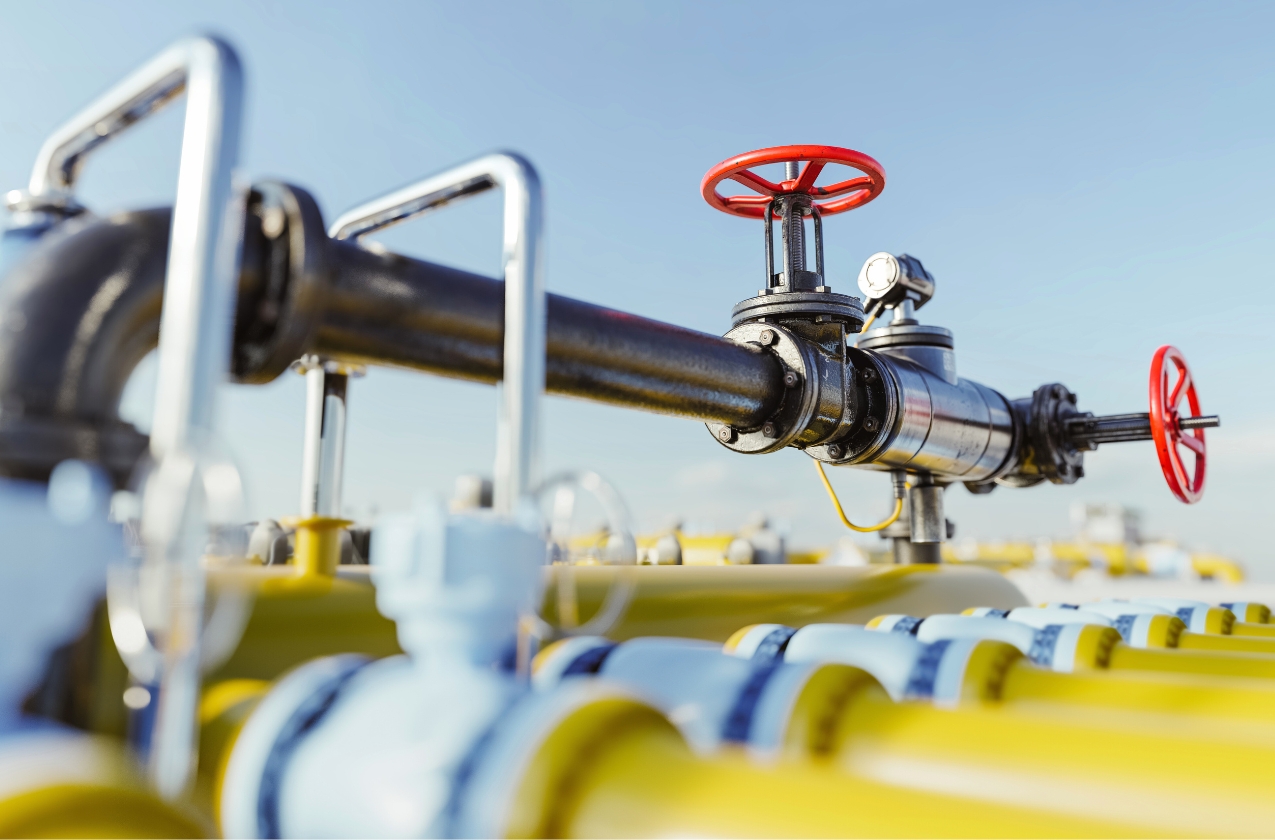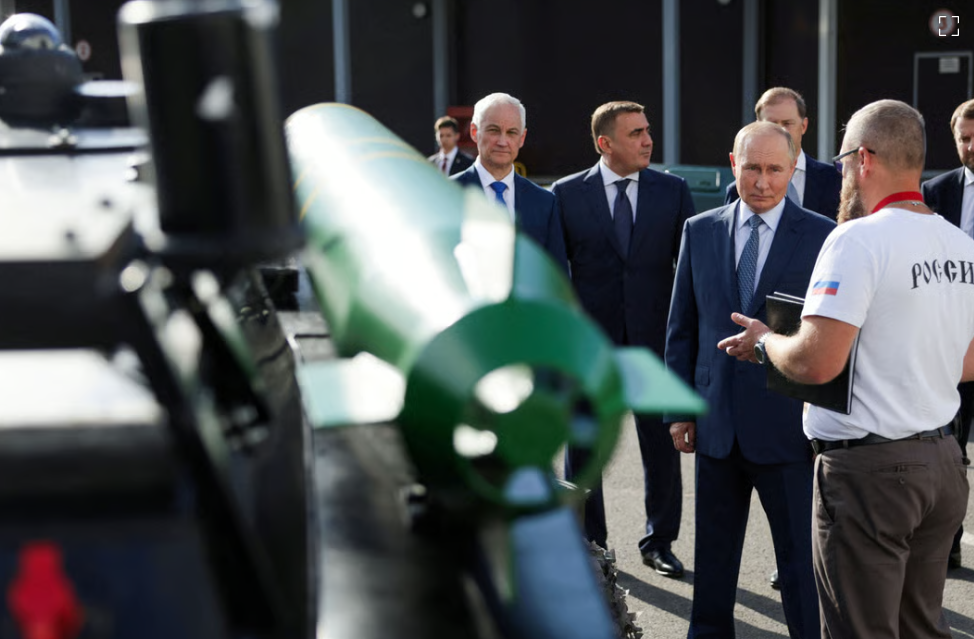By Andrian Prokip, Doctor of Economic Sciences, Head of Energy Programs at the NGO Ukrainian Institute for the Future
Since the beginning of the massive shelling of Ukraine’s gas production infrastructure by the aggressor country, which started at the end of January 2025, Ukraine has faced the threat of a natural gas shortage. Naftogaz announced plans to import 4.5 billion cubic meters of gas to get through the upcoming heating season.
In recent weeks, the rate of gas injection into storage facilities has increased and is about 1.5 times higher than last year’s figures. This is achieved through imported gas, which accounts for about 45% of the volumes being injected, with the remainder coming from domestic production. Last year, imports were practically non-existent, and Naftogaz planned to get through the winter relying solely on domestically produced gas.
Domestic gas production plays an important role in winter preparation, but the industry faces serious challenges — the gas does not meet the physicochemical composition standards. The deterioration in gas quality is caused by damage to certain infrastructure as a result of Russian shelling. Restoring this infrastructure requires significant funds and time.
Currently, the government is reviewing a draft Technical Regulation on natural gas. The draft prohibits the acceptance of natural gas into the gas networks if it does not meet specified characteristics and imposes additional sanctions on producers who fail to ensure compliance.
However, if this gas is banned from entering the gas transmission system, we face several serious problems:
- Additional volumes of gas will need to be imported to replace domestic production during the period when the damaged infrastructure is being built and restored.
- Importing will require finding additional funds. As of now, there are insufficient financial resources to import even the minimally necessary volumes of gas (the aforementioned 4.5 billion cubic meters) for the heating season, not to mention replacing the gas that will be deemed non-compliant.
- A temporary halt in domestic production during the repair of gas treatment facilities will cause losses to companies and thus the economy: reduced tax payments at all levels, reduced salaries for company personnel, costs for additional imported gas, which will negatively affect the balance of payments and the hryvnia exchange rate, etc.
In other words, more gas will have to be imported (requiring even more funds), dealing an additional blow to domestic producers.
Currently, the choice is between enforcing gas quality technical standards or having any gas at all to get through the next winter.
At the same time, there are several factors that actually mitigate the problem of gas non-compliance with current standards:
- Gas that does not meet physicochemical characteristics, when entering the gas transmission system and storage, will mix with existing gas stocks and imported resources that meet the standards. Therefore, in the end, mixing the gas will soften the problem of quality non-compliance.
- Ukraine currently has a ban on natural gas exports. Therefore, there will be no problems with gas non-compliance at the borders with neighboring countries’ gas systems. Non-compliance with physicochemical parameters will not cause a significant decrease in quality or other gas characteristics during its use in Ukraine in winter.
- In some European countries until recently, it was common practice to supply gas that did not meet physicochemical standards into networks.
- Gas quality non-compliance when supplied to gas transmission systems also occurred before 2022. Such supplies were accompanied by producers paying fines.
- Long and costly construction of infrastructure to improve gas quality in frontline regions may be unjustified, given the risk of repeated shelling of this infrastructure.
Under these conditions, to prepare for a safe next winter, it is necessary to:
- Temporarily ease the gas quality requirements for gas supplied to the transmission system;
- Introduce a moratorium on imposing fines on market participants for gas physicochemical characteristic non-compliance;
- Postpone the adoption of the Technical Regulation draft.
Any actions limiting domestic gas production ahead of winter will not help in preparing for the upcoming autumn-winter period but, on the contrary, will create additional financial and economic challenges for the industry.




















